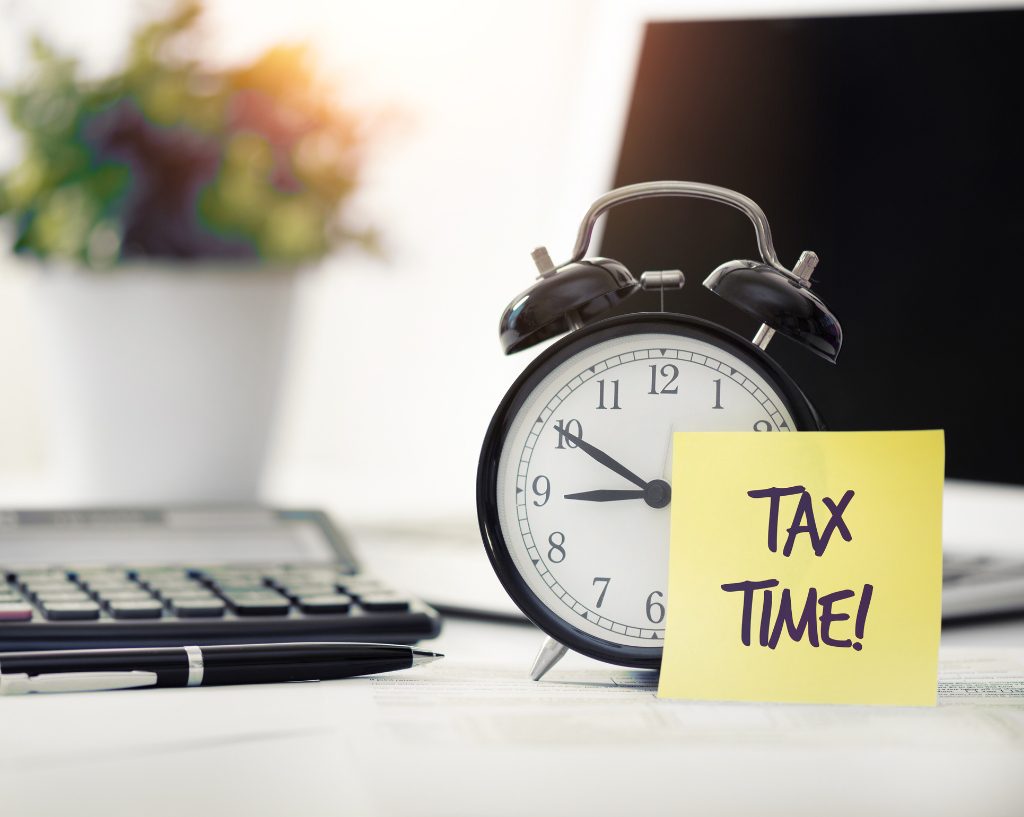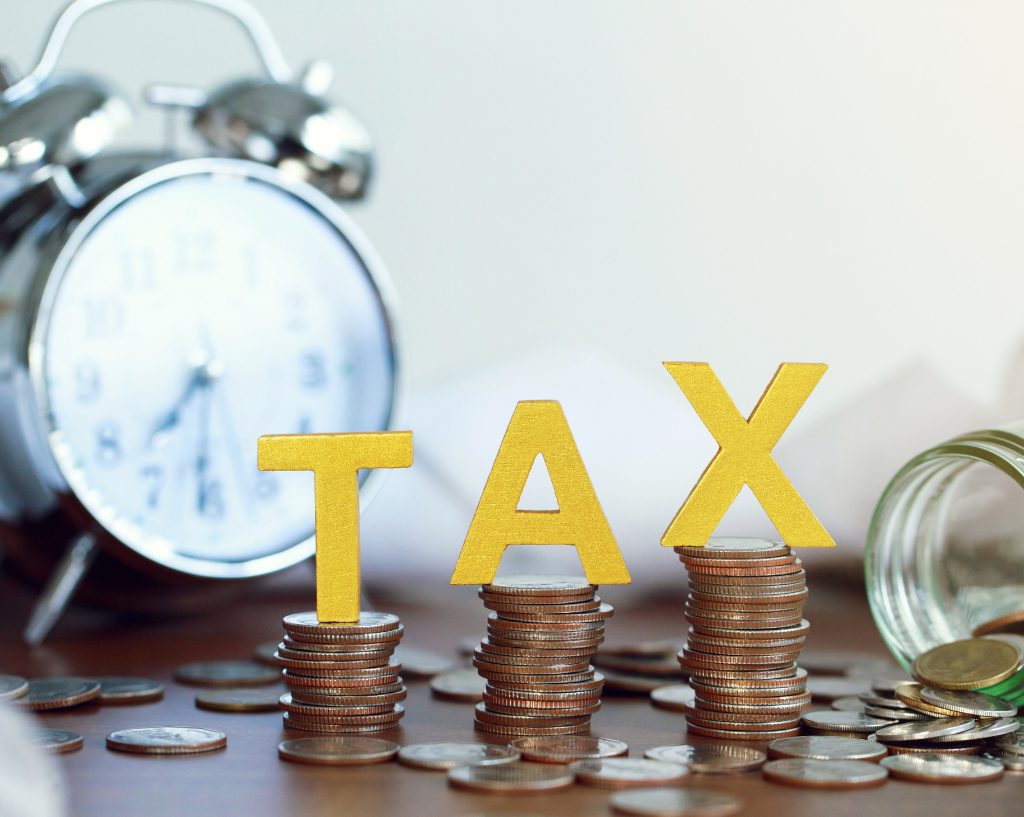FILLING YOUR TAX RETURN IN THE NETHERLANDS
As an expat living in the Netherlands, you may be required to file a tax return with the tax office (Belastingdienst in Dutch). This can seem like a daunting task, especially if you’re not familiar with the Dutch tax system. However, with a bit of preparation and guidance, you can successfully submit your tax return and ensure that you’re in compliance with Dutch tax laws. Here’s a step-by-step guide to submitting your tax return in the Netherlands as an expat.
1. DETERMINE IF YOU NEED TO FILE A TAX RETURN
Not all expats are required to file a tax return in the Netherlands. If you earn income in the Netherlands, you’re generally obligated to file a tax return. However, if you only receive income from a foreign source (such as a salary from an employer in your home country), you may not need to file a Dutch tax return. It’s important to check with the Belastingdienst or consult with a tax advisor or accountant to determine your specific tax obligations.



2. COLLECT YOUR DOCUMENTS
Before you can start filling in your tax return, you’ll need to gather all the necessary documents. This includes:
- Your annual income statement (jaaropgaaf), which summarizes your income and taxes withheld by your employer(s) in the Netherlands.
- Any other income statements or tax documents you’ve received from sources outside of the Netherlands (such as from a foreign employer or from a rental property).
- Details of any deductions or credits you may be eligible for, such as mortgage interest or childcare expenses.
3. FILL IN THE TAX RETURN FORM
The Dutch tax return form is available online on the Belastingdienst website. You can either fill it in online or download a paper form to fill in manually. If you prefer to fill in the form online, you’ll need to have a DigiD account. If you don’t have a DigiD yet, you can apply for one on the DigiD website.
If you’re not confident in your Dutch language skills, you can use the Belastingdienst’s English-language guide for non-Dutch speakers to help you navigate the form. Alternatively, you can consult with a tax advisor or accountant who can assist you with filling in the form correctly.
You can find the online tax return form on the website of the Belastingdienst.
Here are the steps to find the online tax return form:
- Go to the Belastingdienst website: www.belastingdienst.nl
- Click on “Inloggen voor Mijn Belastingdienst” in the top right corner.
- Log in to your account using your DigiD login details.
- Once you’re logged in, click on “Aangifte inkomstenbelasting doen” which is located under “Mijn gegevens” on the left-hand side of the screen.
- This will take you to the online tax return form where you can fill out and submit your tax return.
If you need assistance with the online tax return form, you can contact the Belastingdienst helpline for support.
While the preferred method for filing tax returns in the Netherlands is online, it is still possible to file your tax return manually on paper.
The Belastingdienst only provides the tax return form in Dutch. However, they do offer an English-language guide to help non-Dutch speakers fill out the form. You can find the guide on their website by following these steps:
- Go to the Belastingdienst website: www.belastingdienst.nl
- Click on “Forms and brochures” in the top menu.
- Under the “Tax return” section, click on “Doing your tax return in the Netherlands – a guide for non-Dutch speakers”.
- The guide will open as a PDF, and you can save or print it as needed.
The guide provides step-by-step instructions for filling out the Dutch-language tax return form, along with explanations of common terms and concepts. While it may take a bit of extra effort to navigate the form in Dutch with the help of the guide, it should be possible for non-Dutch speakers to complete their tax return accurately and on time.
It’s important to note that filing your tax return on paper may take longer to process and receive a response from the Belastingdienst than filing online. Additionally, you won’t receive an automatic acknowledgement of receipt as you would with an online submission, so it’s a good idea to keep a copy of your completed form and supporting documentation for your records.
4. SUBMIT THE TAX RETURN
Once you’ve completed your tax return, you can submit it to the Belastingdienst. If you’re filing your return online, you’ll receive an automatic acknowledgement of receipt from the Belastingdienst.
If you’re filing a paper return, you won’t receive an automatic acknowledgement, but you can assume that the Belastingdienst has received your return if you sent it before the deadline (1st of May).


5. WAIT FOR THE RESPONSE
After you’ve submitted your tax return, you’ll need to wait for a response from the Belastingdienst. This can take several weeks to several months, depending on the complexity of your return and the workload of the tax authorities.
If you filed your tax return online, you’ll receive an automatic acknowledgement of receipt from the Belastingdienst within a few days of submitting your return. This acknowledgement will confirm that your return has been received and is being processed. After that, you can expect to receive a provisional assessment of your tax liability within several weeks to several months.
If you filed your tax return manually on paper, you won’t receive an automatic acknowledgement of receipt, but you can assume that the Belastingdienst has received your return if you sent it before the deadline. It may take longer to receive a response in this case, as paper returns can take longer to process.
If the Belastingdienst has any questions or concerns about your tax return, they may contact you for additional information or clarification. Once your return has been fully processed, you’ll receive a final assessment of your tax liability, which will indicate whether you owe additional taxes or are entitled to a refund.


CONCLUSION
Filing a tax return as an expat in the Netherlands can seem daunting at first, but with some preparation and guidance, it doesn’t have to be a stressful process. It’s important to determine if you need to file a tax return based on your specific circumstances, including the source of your income and your residency status. Once you’ve determined that you need to file, you can gather the necessary documents and either file online or on paper.
Working with a tax advisor or accountant can be especially helpful for expats who may not be familiar with Dutch tax laws and regulations. They can guide you through the process and help you identify any deductions or credits that you may be eligible for, ultimately saving you money and ensuring that you comply with Dutch tax laws.
Looking for a job in the Netherlands? Have a look at our available jobs and apply below.



